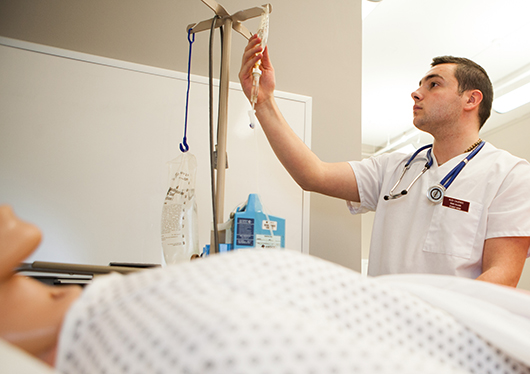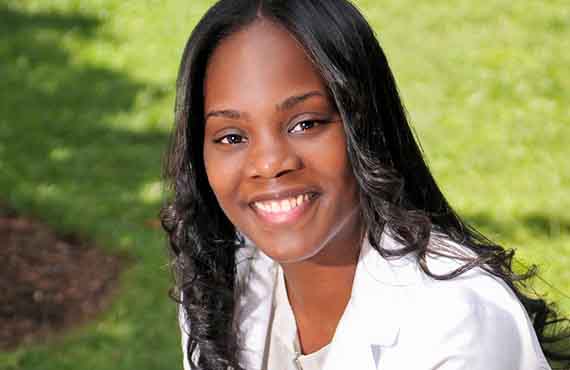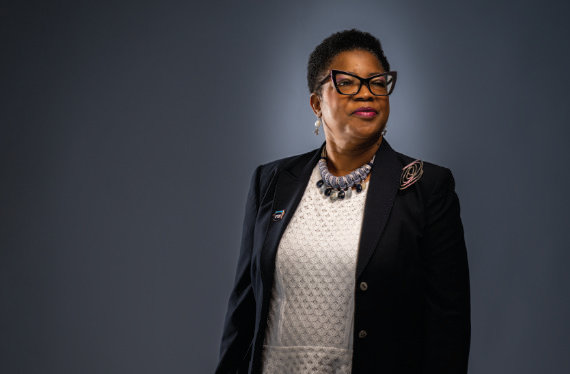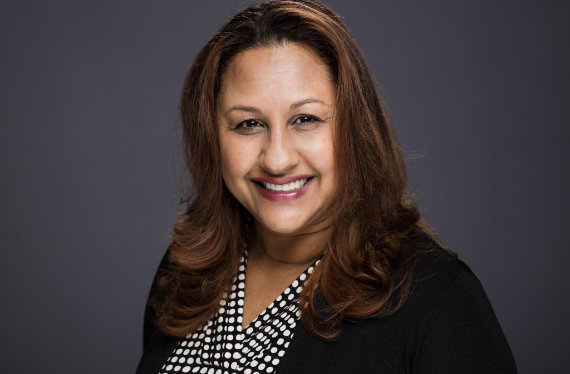Working in Congress, Alison Hernandez RN, PhD Realized that Nurses are Natural Policy Experts
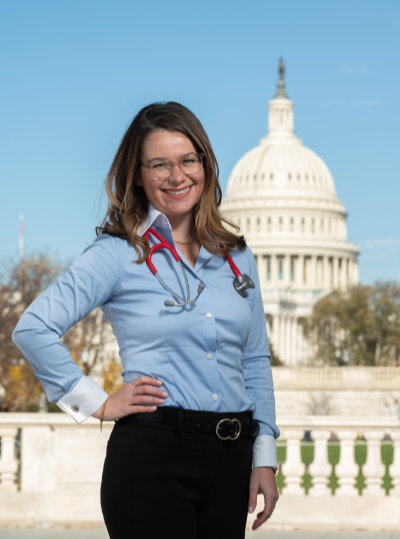 Regis Assistant Professor Lawana Brown was listening to a conversation between Alison Hernandez RN, PhD, and Donna Shalala, former U.S. Secretary of Health and Human Services, University of Miami President, and U.S. Congress member who said that “Being a nurse makes you a health policy expert.”
Regis Assistant Professor Lawana Brown was listening to a conversation between Alison Hernandez RN, PhD, and Donna Shalala, former U.S. Secretary of Health and Human Services, University of Miami President, and U.S. Congress member who said that “Being a nurse makes you a health policy expert.”
Both a nurse and, in her role as health legislative aid in the U.S. House of Representatives, a health policy expert, Hernandez says “My journey to where I am today is very much shaped by my decision ten years ago to become a nurse because it was truly a choice that opened a lot of doors.”
After graduating, she got a job as a research assistant at University of Miami where she recruited patients for genomic studies. “I really loved the patient/researcher interaction,” she recalls, “but what I found even more interesting was that my project managers were all nurses and they were nurses that were getting their master’s in business administration, they were getting their PhDs, and I didn’t know at that time—I was 21—that nurses really took on roles that were beyond the hospital.”
Selected as a Future of Nursing Scholars Fellow through the Robert Wood Johnson Foundation, Hernandez work as a medical surgical trauma nurse in an urban Chicago hospital.
“It was during my time practicing as a nurse that I started to really cement this idea that health happens outside of the hospital and what we’re providing in the hospital is sick care,” Hernandez says. “The more I practiced and the more complex patient care became—someone would come in for a hip replacement and then they were also dealing with five other co-morbidities. It made me really realize that the social determinants of health are huge and how do we work on those and so that’s when the first policy lightbulb turned on.”
Working on Capitol Hill, she found that those who are making health policy decisions rarely had backgrounds as health care providers so she actually had more technical expertise. That was when, as she tells Lawana in this candid conversation, she decided it was time to speak with nurses about policy, “starting from a premise that we are all experts based on our lived experience alone.”
